Our ‘principles of thinking’ challenge, initially taken up by prof. Edward Nęcka in his Decalogue, has now mobilised dr. Jan De Maeyer, a Fellow at the School of Thinking, to also contribute his take on the matter.
Preface
What do we mean by critical thinking and what is a critical thinker?
Critical thinking includes reasoning skills with the aim:
– to, on the one hand, check the truthfulness of what others claim (viewpoints),
– to, on the other hand, present one’s own assertions (viewpoints) as truthfully as possible in a reasoned manner.
A critical thinker:
– thinks independently of others, analyzes, evaluates, synthesizes and assesses in order to arrive at his own, well-founded, conclusions. It means that he gathers information to gain knowledge about an issue before coming to a judgment,
– makes reasoning that must be valid within a formal logic or sound within an informal logic. He/she carefully and deliberately determines the extent to which he/she accepts or rejects an assertion or position through argumentation,
– recognizes bias and subjectivity, distinguishes between main and minor points and between relevant and irrelevant information,
– uses reasonable criteria in selecting data, valuing the data, evaluating and assessing information. He/she is willing to explain, defend, and, if necessary, modify his/her own views, opinions, and beliefs,
– seeks evidence or counter-examples to an assertion or position and considers alternative views. He/she is willing to change his/her mind based on arguments and evidence.
The Decalogue
by dr. Jan De Maeyer, 2021
- Thou shalt, before beginning to think, always ask and answer the following questions:
– Why am I reading or looking at this information? How did I get to this article, photo, video, and so on?
– Am I not being steered in the information I am currently facing or to what extent am I steering myself in offering information?
– What do I know about the information myself?
– From whom can I gather any additional information?
– How gullible am I?
- Thou shalt dare to think
You are immature if you are not able to use your mind independently. Whoever does not think independently, simply lacks courage. One can then be called lazy and slavish. One follows the opinions, the ukases, the rules, the laws, and so on of the authority. Examples enough: the authority of churches and religion, the fallacies of politicians, dictatorships, and so on.
- Thou shalt dare to doubt
How do you know that something is certain? Dare to doubt. Do not accept any point of view or opinion without checking its validity. Don’t just follow your gut feeling and be critical of yourself. Don’ take things for granted.
- Thou shalt ask questions that relate to the various steps in critical thinking(based on Toulmin’s argumentation scheme)
In the claim what is the goal, the problem, the issue?
What data and information are available?
What are the concept(s) and assumption(s)? (warrants and backings)
What perspectives are being taken? (rebuttals)
What are the implications and consequences? (factual, appreciative and normative statements)
- Thou shalt ask questions that relate to the quality of reasoning
Is the question or the claim clear, precise, accurate, relevant, significant, logical (in reasoning), fair (honest, free of bias), in depth (complexity), in breadth (multiple perspectives).
- Thou shalt be literate in language
Human beings in general and critical thinkers in particular employ language that does not always express what is really meant. In this sense, language is flawed. What is said, written or shown will always be only a reduction of reality. It falls short in both analysis and synthetic holism.
- Thou shalt be literate in numbers and statistics
Reality is (more and more) represented through numbers. We see a tremendous increase in quantifying and qualifying in all kinds of domains. A critical thinker must handle cipher material with caution because here too, reality cannot be grasped in ciphers alone.
A critical thinker must be somewhat familiar with the field of statistics if he/she is to make correct interpretations of data. Averages, dispersion, skewness, sample size, and so on are indispensable concepts.
- Thou shalt be literate in logic
A critical thinker is familiar with both formal logic (deduction, induction, abduction) and informal logic. In informal logic, the epistemology of a particular area of appreciation plays a very important role. In Toulmin’s model of argumentation, one can equate the epistemology with the backing .
- Thou shalt be literate in philosophy
In philosophy, there are a number of rules of thumb that are indispensable to a critical thinker such as: exceptional or extraordinary claims need exceptional proof, Ockham’s razor, and so on.
- Thou shalt not think egocentrically norsociocentrically
Egocentric means that as a human being one says: it is true because I believe it/because we believe it/because I want to believe it/because I have always believed it/because it is good in my own interest to believe it.
Sociocentric means that one does not think critically because he/she puts his/her own culture, religion, nation, above that of others.


